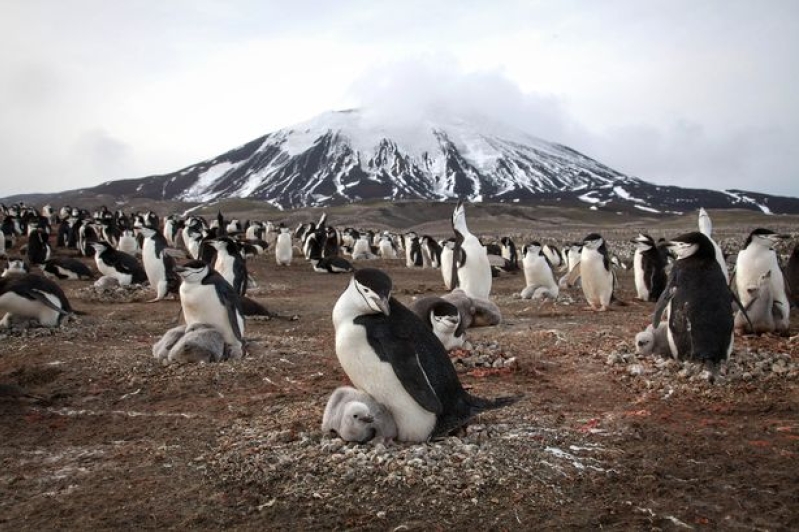
Viewers with 4K and High Dynamic Range (HDR)-compatible monitors are in for a treat: BBC has chosen its flagship documentary series, Planet Earth, for a four-minute broadcast test built for 4K and HDR monitors.
The broadcast is for free for all viewers however, those without 4K and HDR monitors can only enjoy them as regular broadcasts.
TV sets supported are only that of Panasonic since it is the only monitor manufacturer to date that can read such formats.
Specific sets supported are the following: Panasonic CX680 series, CX700 series, CR730 series, CX800 series, CR852 series, CZ950 series, DX902 series (65, 58, 50), DR852 series (65, 55), DX802 series (58, 50), DX750 series (65, 58, 50), DX720 series (58, 50), DX700 series (58, 50), DX680 series (55, 49, 40) and DX650 series (55, 49, 40).
Even with 4K and HDR monitors sold by other brands, Panasonic is for now the only monitor manufacturer that is able to handle Hybrid Log-Gamma (HLG) clips. The Planet Earth 4K HDR test clip will be using the HLG format.
The HLG format was developed by BBC in partnership with NHK, Japan's largest broadcasting network. The development remains royalty-free.
Phil Layton, head of Broadcast and Connected Systems at BBC, says, "One of the clips is a frog on a leaf with lots of rain, and the reason this is so interesting is that the redness of the frog is a really deep Ferrari red that you would never get in broadcast television at the moment." He adds that this test clip proves BBC's openness to innovation.
BBC acknowledges that the 4K HDR broadcast is a work in progress. The long-term goal is to make available these broadcast formats on BBC iPlayer, the network's internet streaming service.
"We want to use this (Planet Earth on 4K HDR) as a trigger to work with manufacturers to get their products updated so there's a pathway there for future on-demand BBC content," Layton adds.
There is no surprise with BBC's choice of Planet Earth for its test clip. The television series is the most expensive nature documentary to date with filming that has spanned for five years. It was first shown in 2006 in the United Kingdom, and the following year, has been distributed to 130 countries. The series is now available on digital, DVD and High Definition formats. Due to its success, a sequel, Planet Earth II, was launched this year. Both Planet Earth and Planet Earth II were hosted by esteemed British Naturalist Sir David Attenborough.






